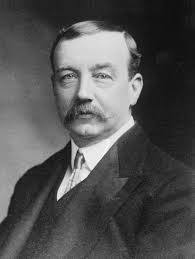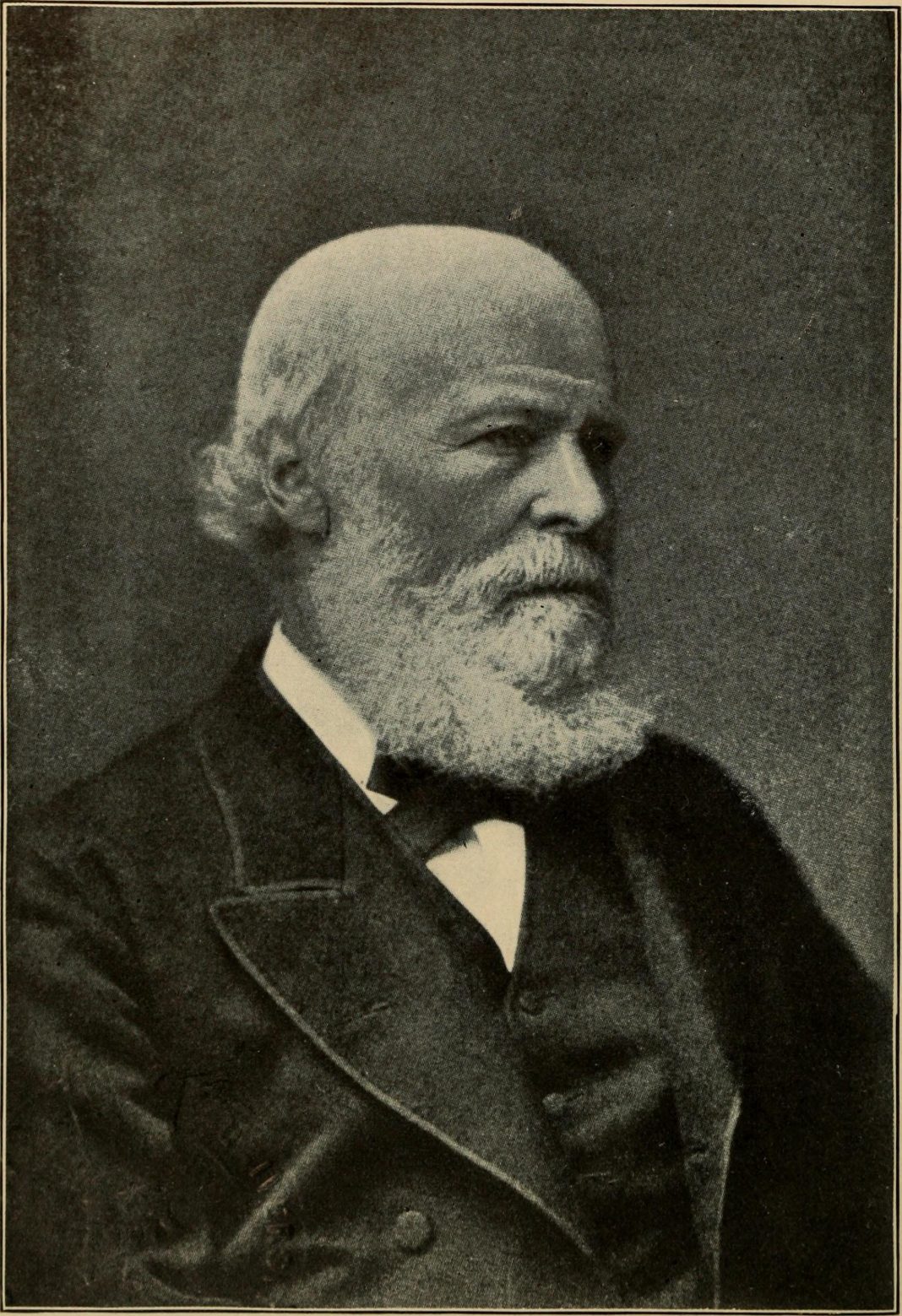Once upon a time, our politicians were forged in industrial furnaces out of iron and steel. Those from the working-class led tougher lives than most of us have even seen, and the aristocratic politicians could hardly be accused of taking the cushy route either. These were men raised to work six days a week by the sweat of their brow.
Sir Isaac Lowthian Bell
Sir Isaac was born in 1816 to a powerful industrial family, part of the Losh, Wilson and Bell company, later known as Bell Brothers. He went to school on Percy street and then studied abroad in Scotland and France. He was a pioneer in metallurgy, opening the first factory to produce steel rope and cables suitable for underwater use, and later he was the first in Britain to employ a revolutionary aluminium production technique, making it many times cheaper and yet even purer than previously.
He began to be involved in local politics at the town council in 1850 when he was 34. He quickly rose to sheriff in 1851, mayor in 1854 and again in 1862, as well as alderman in 1859.
Sir Bell was elected as the Liberal Party (a precursor to today’s LibDems) MP for North Durham in February 1874 but lost his seat that same year due to some of his employees being accused of intimidation. Despite this, he then became MP for The Hartlepools from 1875 to 1880.
He died in 1904 at the age of 88.
You can read more about him on Grace’s Guide to British Industrial History.
Arthur Henderson

Our second man of iron hails from Glasgow originally, where he was born in 1863. Tragically, his father died when he was nine, and the family moved to Newcastle. He began work in a foundry when he was 12, qualifying as a journeyman iron moulder at 18 and joining the Ironfounder’s Union. After about four years, he lost his job and became a Methodist preacher.
In 1892, at the age of 29, he got a job as an organiser for the Friendly Society of Iron Founders, an early trade union. After 8 years in that role, he was one of 129 delegates who founded the Labour Representation Committee in 1890, which would become the Labour Party in 1906. Two years later, the Labour leader resigned and Henderson took over for two years, resigning himself in 1910. However, when World War I broke out in 1914 and the new Labour leader, Ramsay MacDonald, resigned in protest, Henderson replaced him and became the first Labour MP to join the Cabinet. He resigned in 1917 and turned his attention to building support for Labour and formalising their platform as a socialist party working towards a minimum standard of living, nationalisation of industry, and high taxes for the rich.
In 1929, he became Foreign Secretary and worked for peace with the League of Nations before World War 2, organising and presiding over Disarmament Conferences in 1932, 1933 and 1934. The conferences failed, but his biographer would later write of him: “If any man is clear of responsibility, it is Arthur Henderson.”
He died in 1935 at the age of 72, so he thankfully did not live to see the disastrous war that he worked so hard to prevent.




















